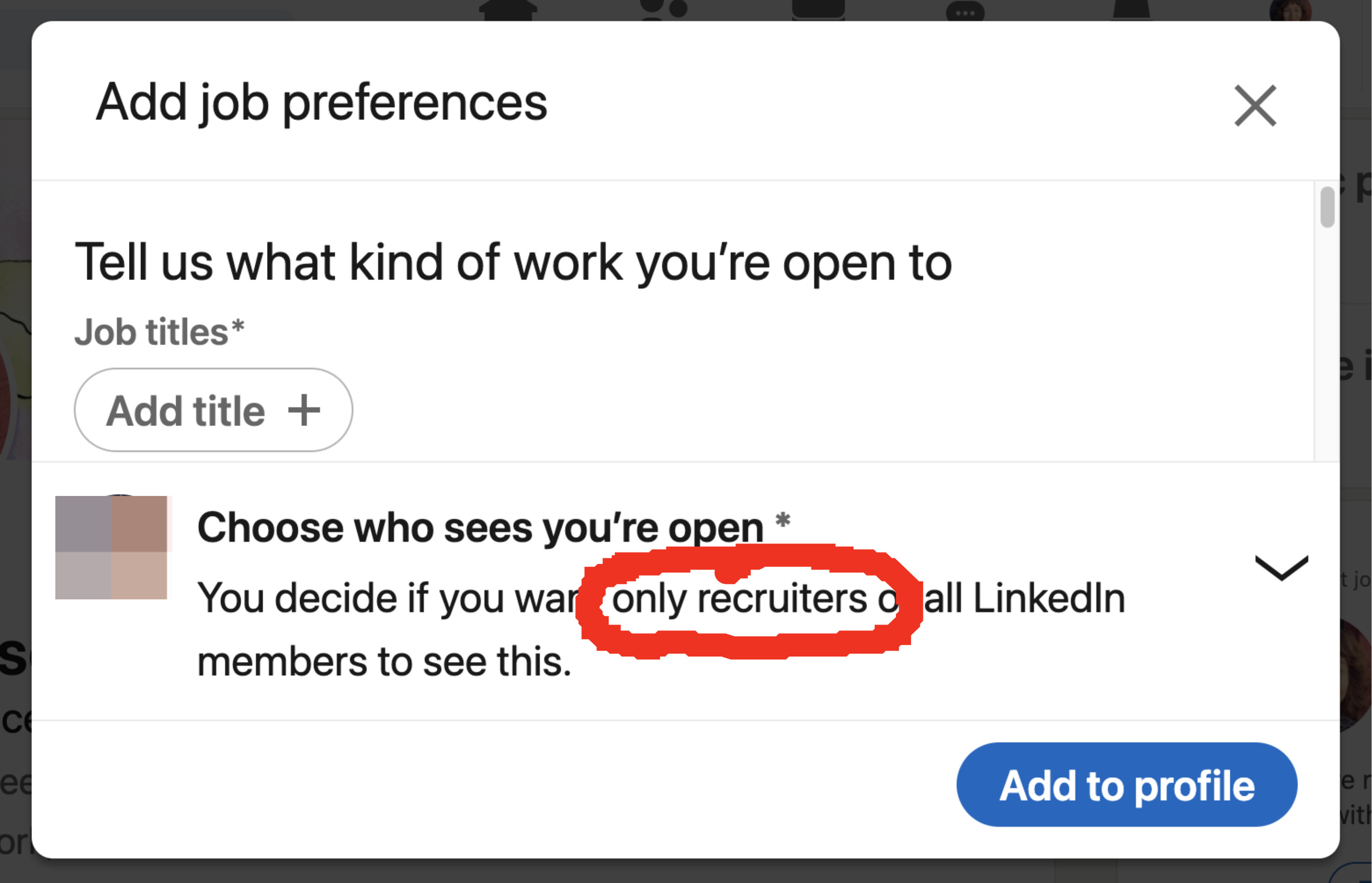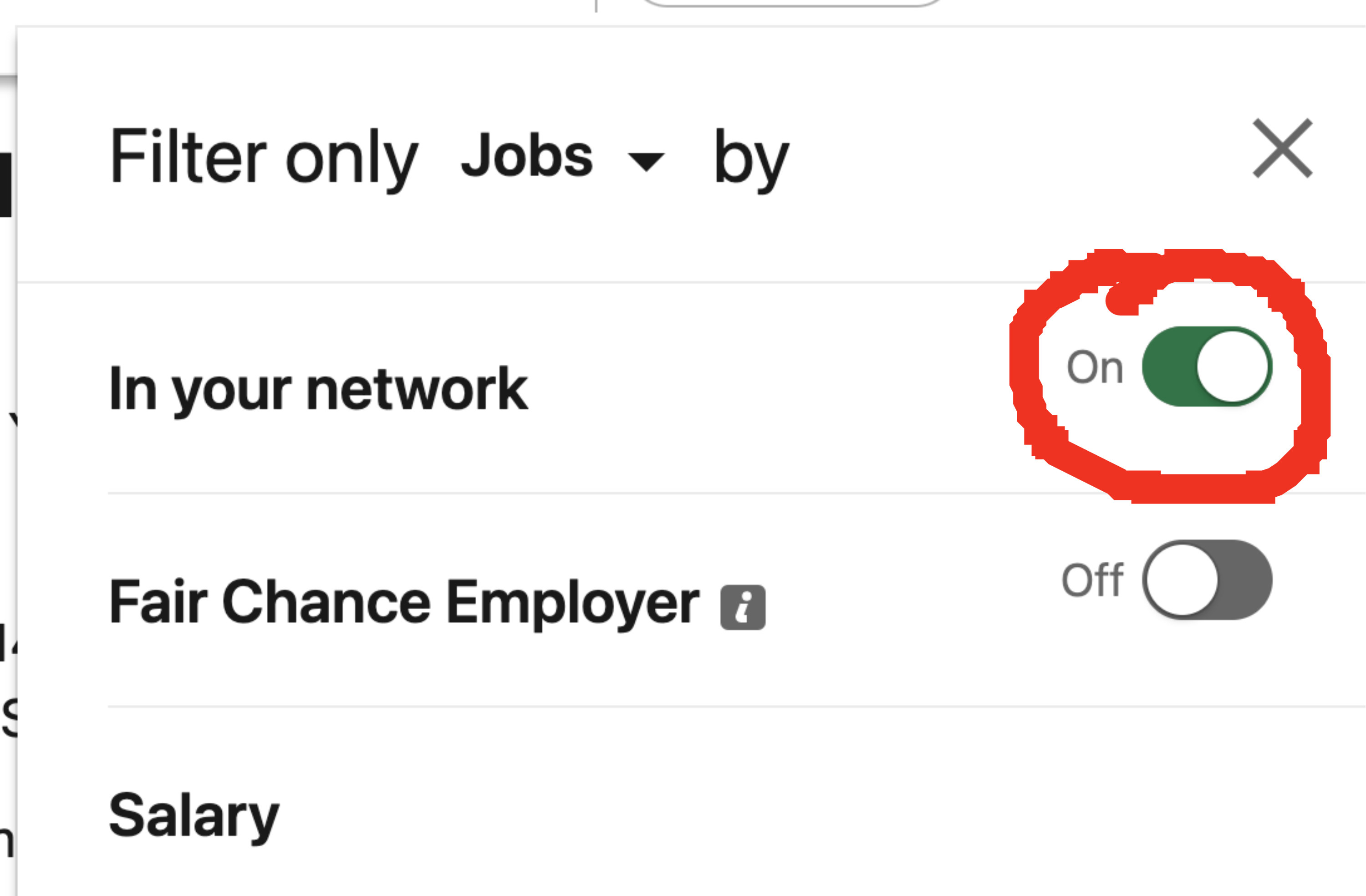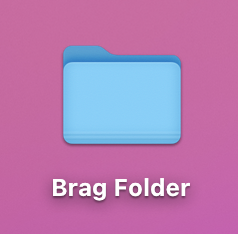“I am currently hiring for a front desk position that would require the future employee to interact with customers (both in person and via email) and be professional and timely at all times. I have been emailing with a number of applicants to organize interviews, and I am blown away by the number of people who have not been professional throughout the process. I have already written off the applicants who have been short and unprofessional in their emails, shown up late for their interview, or been poor communicators throughout the process. “Extra pro tip: Research the company you are applying for! My first interview question is, ‘What do you know about our company and what made you want to apply for this job?’ And more often than not, applicants have responded with, ‘I don’t know anything about your company.’ Any and all information they would need is on our website under the ‘About Us’ section, and would show me that they have the forethought to prepare ahead of time!” —u/calamitymaei “Put in things that contain the company information and your background, like, ‘A cover letter for applying to an accounting company as a bachelor of finance’ — the more specific, the better.” —u/astralwannabe “I just tested this, and I’ll be damned if it didn’t work. It didn’t seem perfect. There were lots of things that could be improved, but you go from authoring to proofreading and editing instead, and that’s a big benefit.” —u/theedgeofoblivious “I’ve made this mistake before. My current boss sent me a LinkedIn message, and it was pretty awkward.” —u/uducjvid “Therefore, whenever you are filling out long-answer questions online, write them out in Word (or whatever you use) or, at the very very least, copy and paste your answers into Word. Trust me! Plus, that way you can save them should you need those brilliant answers in the future. “And don’t trust that ‘save application’ button. Don’t click it until you’ve copied and pasted your answers somewhere else first. Websites time out and don’t tell you sometimes.” —u/grumpijela “It’s incredibly common for hiring managers to ‘shoot for the moon’ on the job description, listing the skills of their ideal candidate, but not necessarily a realistic one. Always apply if you truly believe you can do the job. I have seen countless times where candidates who were underqualified on paper were hired over more qualified candidates thanks to their interview, attitude, etc.” —u/ExiledToTerminus “One of the questions I always ask in an interview is, ‘What is the average tenure of the team I’ll be working with?’ Some people are quite caught off guard by the question, and I’ve even seen the life drain out of some of them when they realize exactly what it is that I’m asking. It’s a perfectly legitimate question and can give you a mountain of information, from the actual tenure, which is nice to know, to how they answer (or dance around) the question.” —u/GhostRN —u/Alarmed-Honey —u/dickdapug “Or your local employment or unemployment office — they have rooms just for that reason.” —u/variable2027 “Jot down the info in the title so you can easily keep up with what you’re doing AND be able to mentally compare the job description with what the recruiter intends it to be. If you’re good at multitasking without looking distracted, you could even have it (or a brief description) pulled up on your device/monitor while looking into the camera, verbally checking off the items during the discussion.” —u/blacksoxing —u/kbivs “It’s best to negotiate a starting salary to start off where you want to be. Remember, once an offer has been made, the ball is in your court and you have negotiating power.” —u/[deleted] “Likewise, you have all of your information in one place, so you don’t have to look across multiple versions of your old résumés to remember what you have done.” —u/scarf_spheal “As soon as you start a new job, add its job description to your ‘master résumé,’ even as just a placeholder that you’ll edit later. In six months or a year, come back to it and update that portion based on what you’ve learned.” —u/Parking-Fix-8143 —u/spottyrx —u/Kfittt “This can be especially good so that you can practice keeping a straight face if the question sounds silly. Remember, the first person you meet in a job interview may be HR and may not know anything about the details of the actual job you are being hired for.” —u/DogsandCatsWorld1000 —u/wheredoyougotocherie “They likely did the same to you — might as well look them up too. Because a job interview isn’t just them interviewing you; you’re interviewing them, too (more so when you are competitive in your field/industry). Realizing this helped my mindset in interviews. I don’t need to be nervous. I need to show them what I can offer in the job, and decide if I want to work in the work environment they are offering.” —u/AGrainOfSalt435 “A company that can’t define how you will win with them is destined to lose.” —u/TwosJoe “I train technical trainers, and this is sound advice. That being said, filler, especially in English, is natural and fairly unavoidable some of the time for most folks. You just want to be conscious of it and make sure it isn’t a distraction. Most people don’t notice it if it is intermittent. People will notice if you use ‘Ummm, uhhhhh, OK, right?’ as punctuation on every sentence or in between every few words.” —u/Rappleclaw “That way, you are already complimenting something this prospective employer has, while refraining from negativity regarding your current employer.” —u/Tasty-Chest-3646 “A friend who applied for ‘business analyst’ roles found out during the interview process that one role was for a monotonous data entry process, while the second one was a technical writing role.” —u/weshallpie “My go-to is something like, ‘Thank you for the prompt response. While I am obviously disappointed, I understand there were many qualified applicants to choose from, and I very much enjoyed meeting you and your team. Thanks again, and best, [name].’” —u/Laura_Lye “I reminded him that if you get to the stage in the interview process where you are receiving an offer, they WANT you to work there. Asking for more money will result in one of two things: • You get more $$ than they initially offered, or • They do not have an additional budget to increase your salary, and they tell you they cannot go higher. “It would be incredibly bizarre for a company to revoke an offer completely after spending time putting you through the interview prices and deciding they’d like to hire you, all because you asked for a higher salary.” —u/sleightlygood —u/[deleted] “Don’t do that. Just wait until your background check is completed before quitting.” —u/CaspinK









